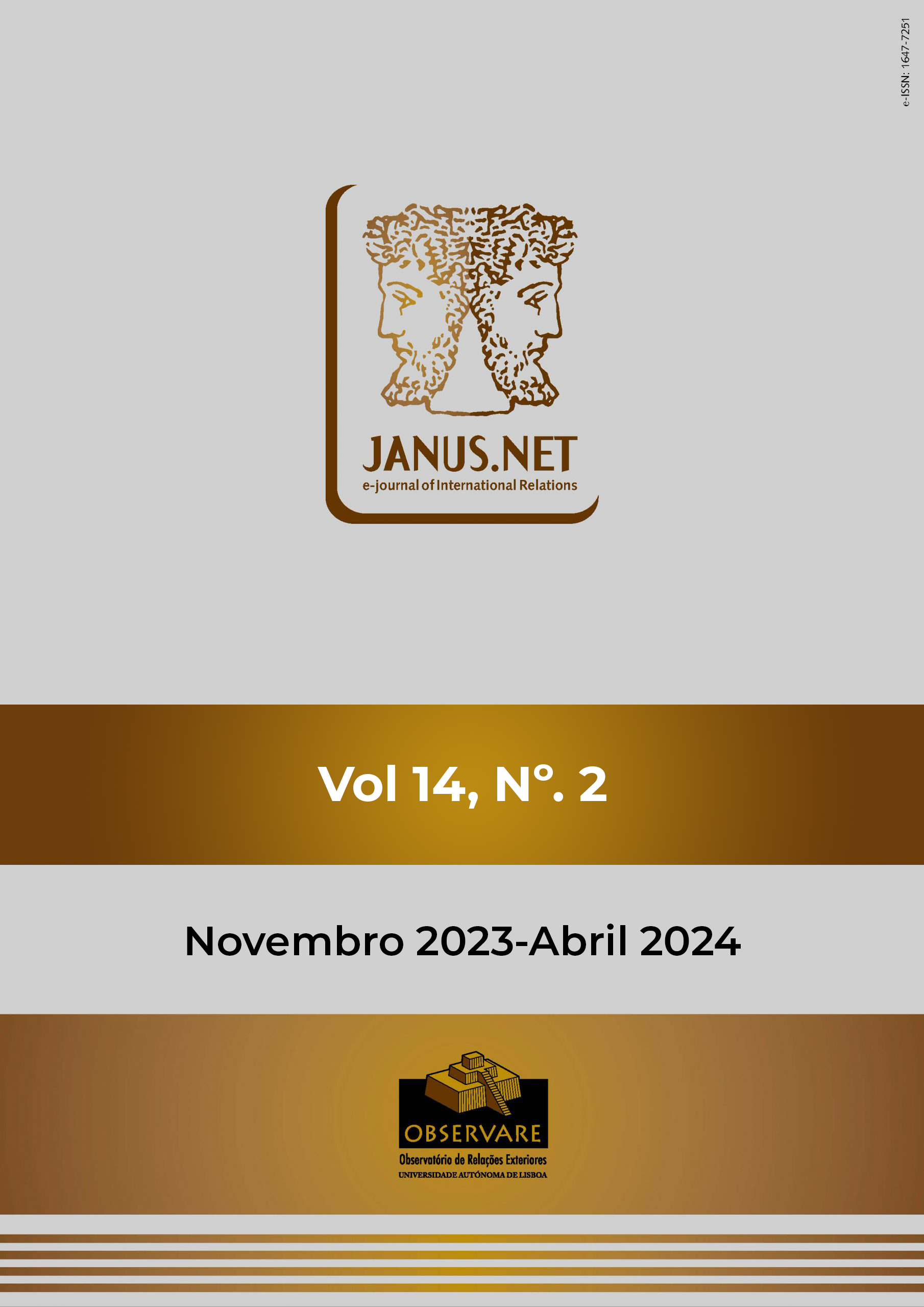Since Putin executed his invasion of Ukraine on February 24, 2022, it has generated various responses in the real world and on social media. Among the most active users worldwide, Indonesian netizens contribute significantly to social media debates. It is intriguing since the past pattern indicates that Indonesian social media seldom generate a massive response to international affairs issues, especially those unrelated to Indonesia. However, in the case of Putin’s Invasion, the Indonesian netizens behaved out of pattern by reproducing extensive narratives to support Russia’s invasion by glorifying Putin’s masculine side. In this paper, we trace how the narrative glorifying Putin’s masculinities is constructed within Indonesian netizens’ responses by interpreting Twitter data right after the first Russian attack from February 2022 to March 2022. Further, we also explain under what conditions the narratives emerge. We found that the narrative created two different patterns: the first pattern radiated romanticizing Putin’s machoism aspect and, at the same time, feminizing the Indonesian government. We then argue that the supporting narratives are linked with how Indonesian gender relations are imbued with hegemonic masculinity products of the past Indonesian colonialism that shaped the praise for the hegemonic masculinity point of view.
INTERPRETING INDONESIAN NETIZEN RESPONSE TOWARDS PUTIN’S MASCULINITIES IN THE RUSSIAN INVASION FROM A GENDER PERSPECTIVE
https://doi.org/10.26619/1647-7251.14.2.4
DIAS PABYANTARA SWANDITA MAHAYASA, BIMANTORO KUSHARI PRAMONO
Abstract
Keywords
Russia, Ukraine, Indonesia Netizen, Putin, Masculinity
Artigo publicado em 2023-11-30

